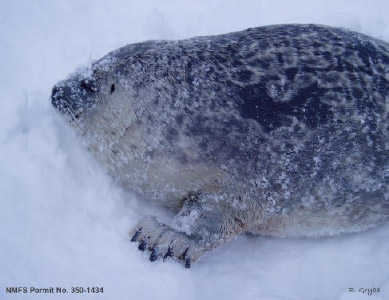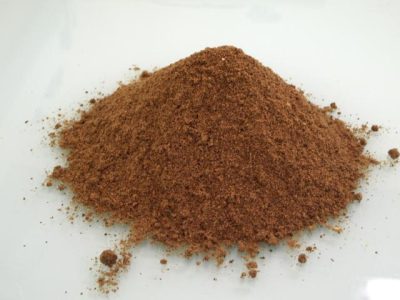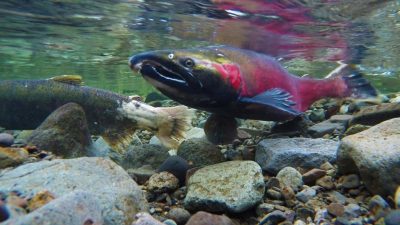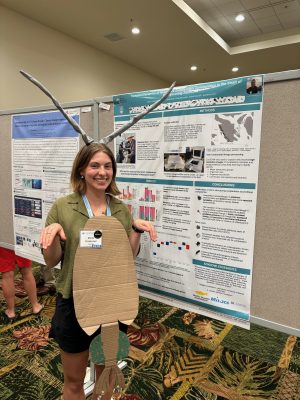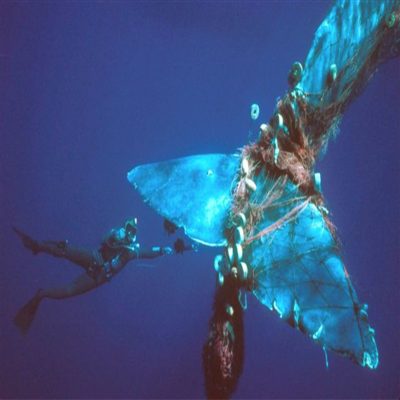Indigenous Knowledge invaluable in identifying important habitats
Indigenous Knowledge can provide a holistic understanding of species’ habitat use given that it contains observations of multiple species across seasons and includes animals’ complex relationships with other species and habitats.
First ever global map of fishmeal and fish oil factories exposes industry’s footprint
UBC study has revealed the global distribution of fishmeal and fish oil factories for the first time, shedding light on a critical area of the aquaculture supply chain
Hindcasting the Salish Sea reveals long-term patterns of environmental change
Greig Oldford, PhD Candidate at the University of British Columbia’s Institute for the Oceans and Fisheries (IOF) recently co-developed The Hindcast of the Salish Sea (HOTSSea) to address gaps in historical observations.
Student Profile: Shabnam Shadloo
Shabnam is a third-year PhD student at the Institute for the Oceans and Fisheries (IOF) under the supervision of Marie Auger-Méthé. Her research focuses on the movement ecology, behaviour, and disease dynamics of Larus glaucescens (glaucous-winged gulls) within coastal and urban environments.
Sumaila-Volvo Graduate Prize in Environmental Sustainability winners announced
Congratulations to Verena Rossa-Roccor (IRES) and Aleah Wong (IOF), winners of the 2025 Sumaila-Volvo Graduate Prize in Environmental Sustainability.
Student Profile: Anna-Luna Rossi
Anna is a second-year PhD student at the Institute for the Oceans and Fisheries under the supervision of Daniel Pauly. Her research focuses on understanding the fisheries and their impact on the marine ecosystem in the archipelago of Saint Pierre and Miquelon to infer relevant fishery regulations.
IOF faculty and students win awards from the Peter Wall Legacy Awards program
These awards are one of the largest internal award programs at any university in North America. The suite of awards will support the research activities of tenure-track faculty members at all stages of their career, and those of Master’s and doctoral students.
Celebrating our graduates
It is always sad to say goodbye to our graduating students.
Deniz Coskuner (MSc OCF) wins Best ECOP poster at PICES 2024
Her poster was entitled “Temporal dynamics of nearshore zooplankton communities in the Strait of Georgia: Implications for ecosystem health”
Haunting the seas: the legacy of ghost gear pollution in marine environments
“Ghost gear” is a specific category of anthropogenic marine debris that contributes to the global marine plastics problem. After it becomes disconnected from its intended use, ghost gear can catch non-targeted species – such as fish, whales or other marine mammals – through by-catch or entanglement
